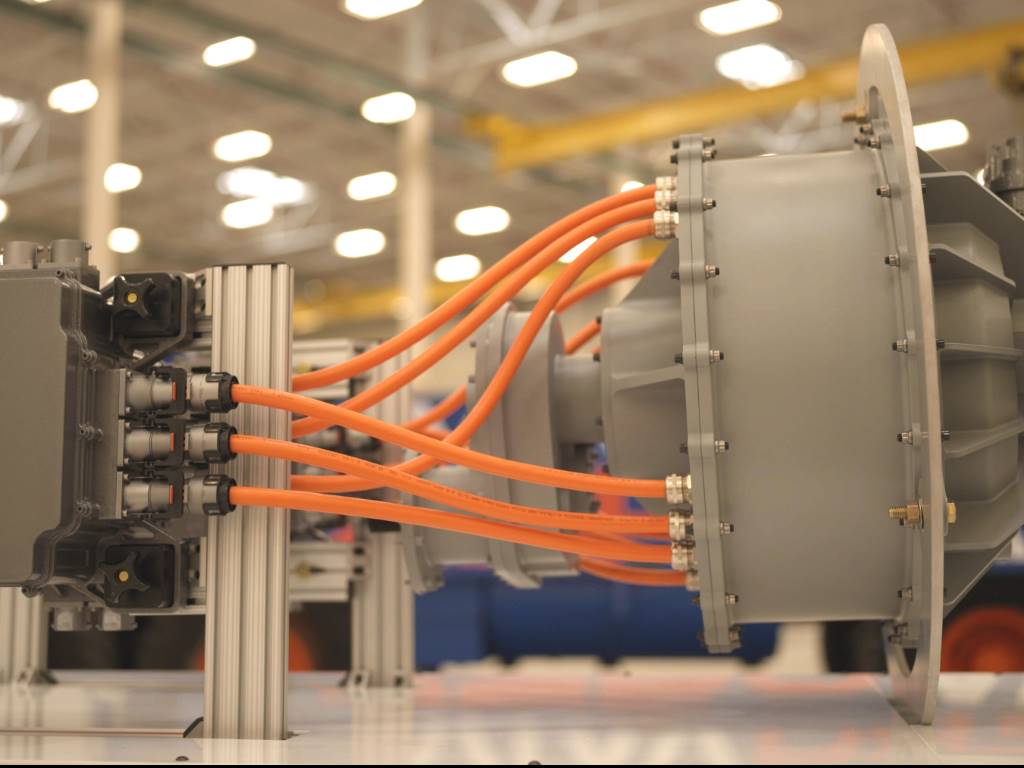Rolls-Royce launches leading-edge hydrogen programme

Rolls-Royce has announced a new leading-edge hydrogen programme and given a further update on its research into hybrid-electric power as it continues to pioneer new forms of aviation sustainability.
Together with its commitment to continually improve gas turbine efficiency and demonstrate compatibility with Sustainable Aviation Fuel, this work aims to ensure Rolls-Royce plays a leading role in the drive to Net Zero aviation.
The company is planning a comprehensive series of rig and engine tests to prove the fuel can safely and efficiently deliver power for small-mid size aircraft from the mid-2030s onwards. There are also ambitions to move this on to a flight test phase as part of the programme in the long term.
Two ground tests are planned, on a Rolls-Royce AE 2100 engine in the UK this year and a Rolls-Royce Pearl 15 jet engine at a future date – a range of location options are being assessed for this including the Rolls-Royce test facility in Mississippi, USA.
This will build on hydrogen combustion tests already well underway in partnership with Loughborough University and German research insititute DLR, with Cranfield University’s input on fuel system management.
The programme follows market research carried out by the UK Aerospace Technology Institute’s Fly Zero team and Project NAPKIN (New Aviation Propulsion Knowledge and Innovation Network), and both concluded there is market potential for hydrogen-powered aircraft.
It also complements broader research into hydrogen infrastructure and transportation that Rolls-Royce is already carrying out with easyJet. Hybrid-electric and hydrogen power systems are also part of a regional aircraft research project underway with WiderØe and Embraer.
Rolls-Royce’s hybrid electric research has been carried out on its Power Generation System 1 demonstrator – made up of an AE 2100 engine with specialist controls and thermal management systems.
Tests in Bristol, UK, and Trondheim, Norway, recently concluded and have now confirmed the system delivered more than 1.5 megawatts of power – the first time this has been achieved in the aviation sector.
Rolls-Royce is now taking that huge amount of learning and carrying out further work to understand how a production version of PGS1 might be achieved and discussing with airframers what their future requirements may be.
Chris Cholerton, President – Civil Aerospace, Rolls-Royce, said: “We are pioneers of power and this programme puts us in a great position to pave the way to make hydrogen and hybrid-electric systems a reality. Combined with our work on Sustainable Aviation Fuel and further gas turbine efficiency, we are making real progress on the hard yards of research and development towards making Net Zero flight a reality.”













